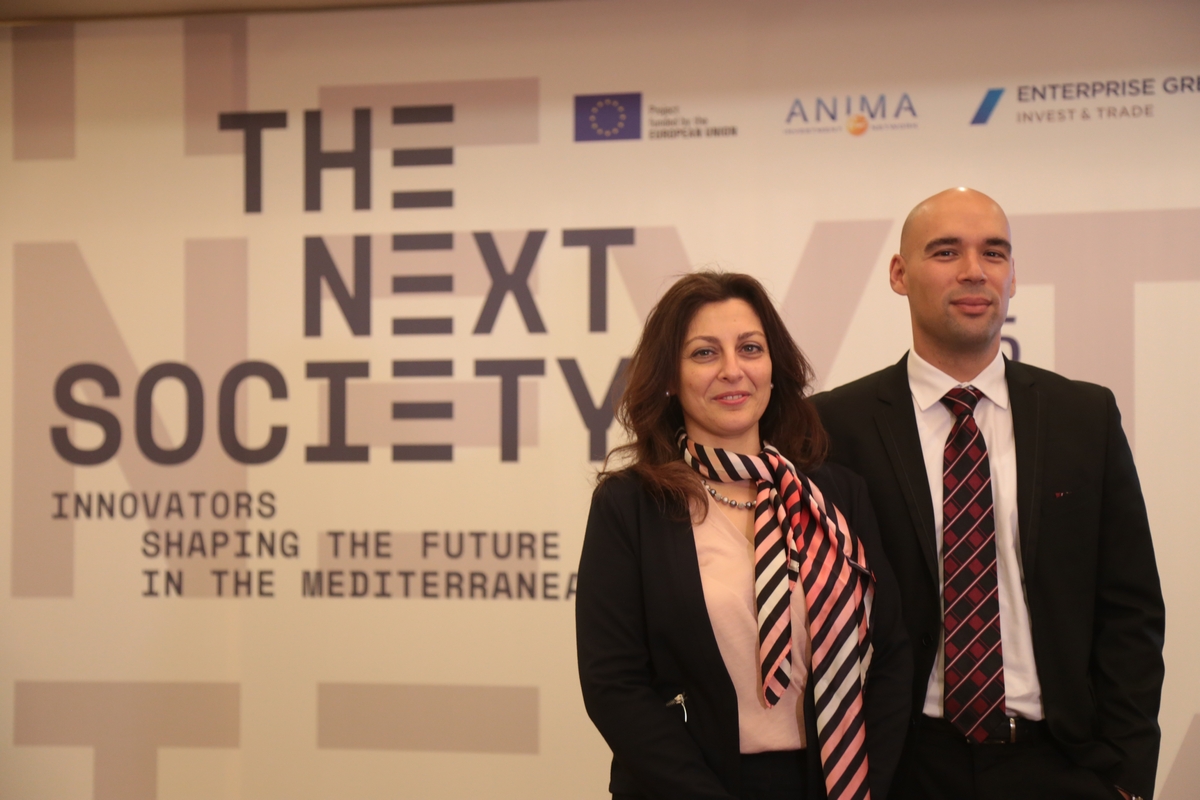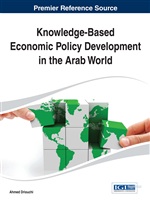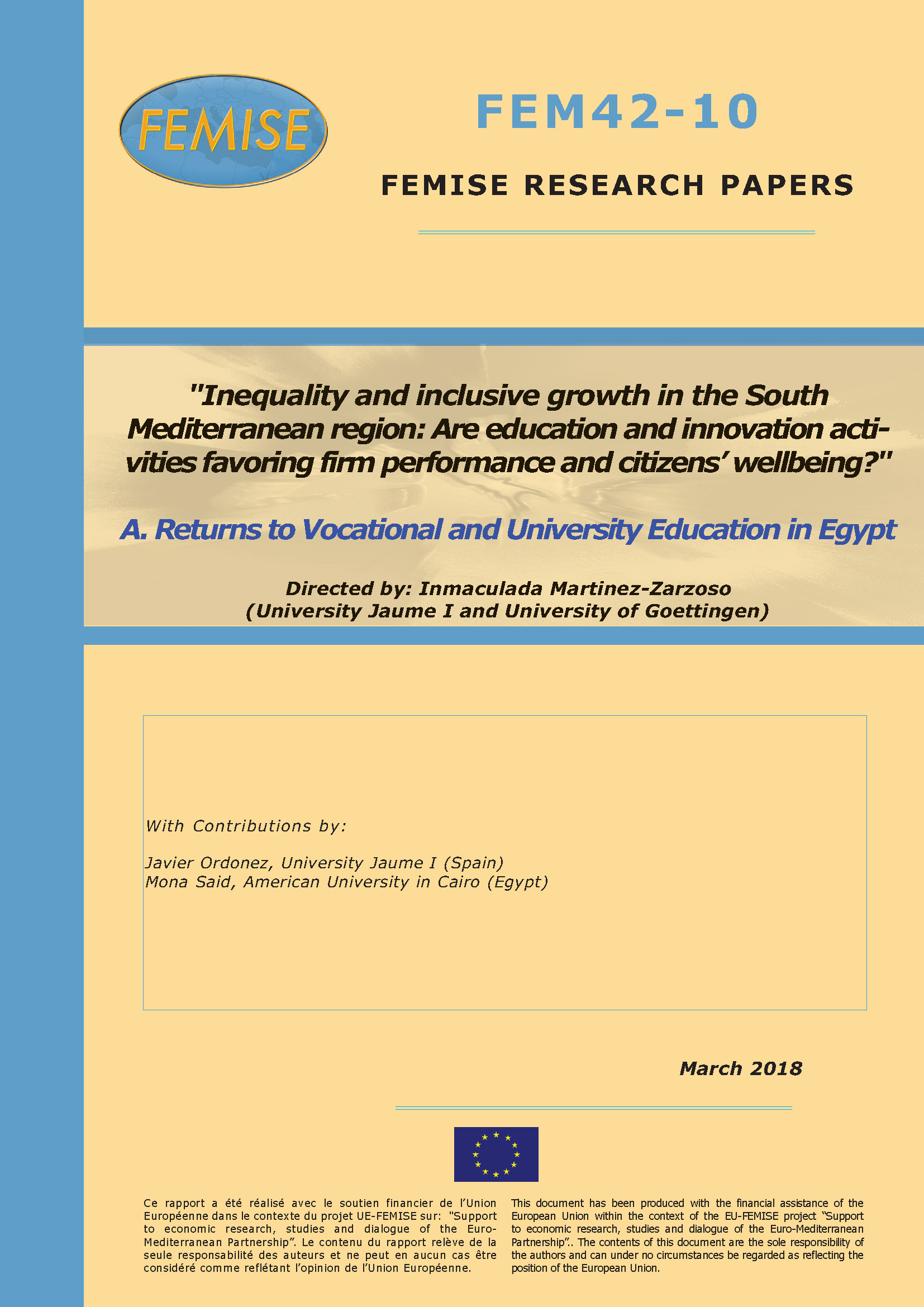 FEMISE is pleased to announce the publication of its research project FEM42-10, “ Inequality and inclusive growth in the South Mediterranean region: Are education and innovation activities favoring firm performance and citizens’ wellbeing?”.
FEMISE is pleased to announce the publication of its research project FEM42-10, “ Inequality and inclusive growth in the South Mediterranean region: Are education and innovation activities favoring firm performance and citizens’ wellbeing?”.
The research project was coordinated by Inmaculada Martinez-Zarzoso (University Jaume I and University of Goettingen) and includes the following 3 papers:
Returns to Vocational and University Education in Egypt
While tertiary skills are important for growth in developed countries, it is primary and secondary education that are related to development in developing countries. Despite the substantial expansion in technical and vocational education in Egypt, the labor market lacks technical skilled workers not only in numbers but also in competences. This paper examines the impact of education on labor market outcomes in Egypt, with a focus on returns to vocational secondary and technical higher education in 1998, 2006 and 2012. We provide estimates of incremental rates of return to education based on selectivity corrected earnings equations and quantile regressions that give credence to the view that technical education has generally been inequality reducing in Egypt. The main policy implication of this paper’s analysis is that quality and labor market relevance of vocational education remains the key to an effective reform. Encouraging private businesses to invest in vocational education will be of little use if the trainees are still faced with social stigma that relegates them to low-paid jobs. Therefore, a policy recommendation is to design governmental measures to improve the ‘image’ of vocational education in Egypt.
Gender Gap and Firm Performance in Developing Countries
This paper uses firm-level data from the World Bank Enterprise Survey (WBES) to investigate productivity gaps between female and male-managed companies in developing countries and to compare the outcomes obtained for different regions in the world. We depart from the previous literature by using the gender of the top manager as target variable, which is newly available in the 2016 version of the WBES. The main results indicate that it is crucial to distinguish between female management and female ownership and also the confluence between both. We find that when the firms are managed by females and there are not female owners, they show a higher average labour productivity and TFP. However, if females are among the owners and a female is the top manager, then their productivity is lower than for other firms. These results are very heterogeneous among regions. In particular, results in South Saharan Africa, East Asia and South Asia seems to be driving the general results, whereas in Latin America and Eastern Europe and Central Asia, female participation in ownership seems to be negatively related to firm performance.
Real convergence between ENP and southern European countries: a cluster analysis
This paper analyses the convergence pattern of GDP per capita, productivity, inequality and unemployment in both ENP and southern European (SE) countries. It follows the methodology proposed by Phillips and Sul (2007, 2009) in which different convergence paths can be distinguished among heterogeneous economies involved in a convergence process. This heterogeneity is modelled through a nonlinear time varying factor model, which provides flexibility in studying idiosyncratic behaviours over time and across section. The main results from the convergence analysis show that whereas there is convergence in unemployment, GDP per capita and productivity between EU and ENP countries, no convergence is found for inequality. Among the challenges of an evolving neighbourhood, inclusive economic development should be included in the new ENP approach.



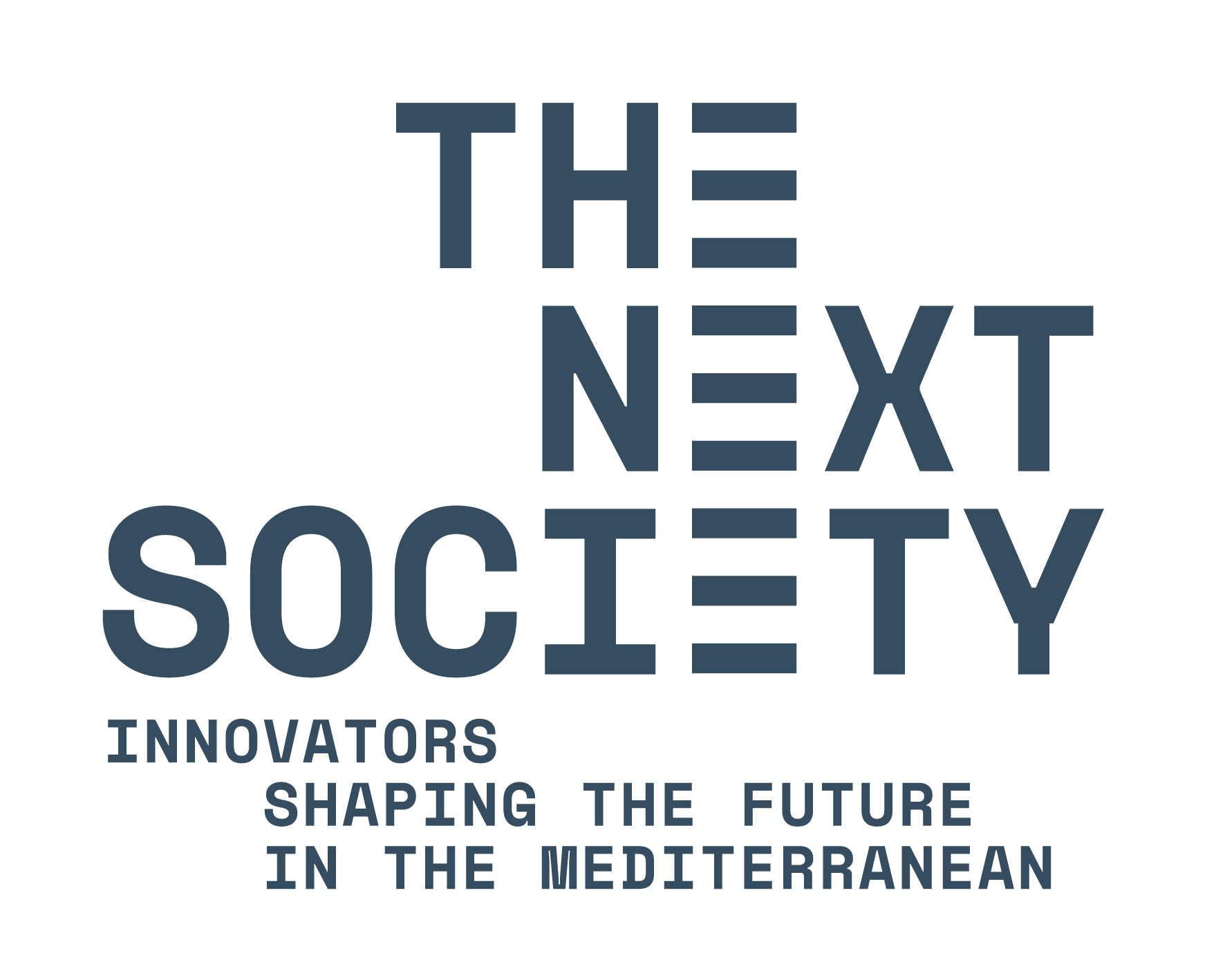 A successful launch, in Greece, for THE NEXT SOCIETY, a movement gathering entrepreneurs, investors, corporates, public and private innovation stakeholders in Europe and the Mediterranean.
A successful launch, in Greece, for THE NEXT SOCIETY, a movement gathering entrepreneurs, investors, corporates, public and private innovation stakeholders in Europe and the Mediterranean. 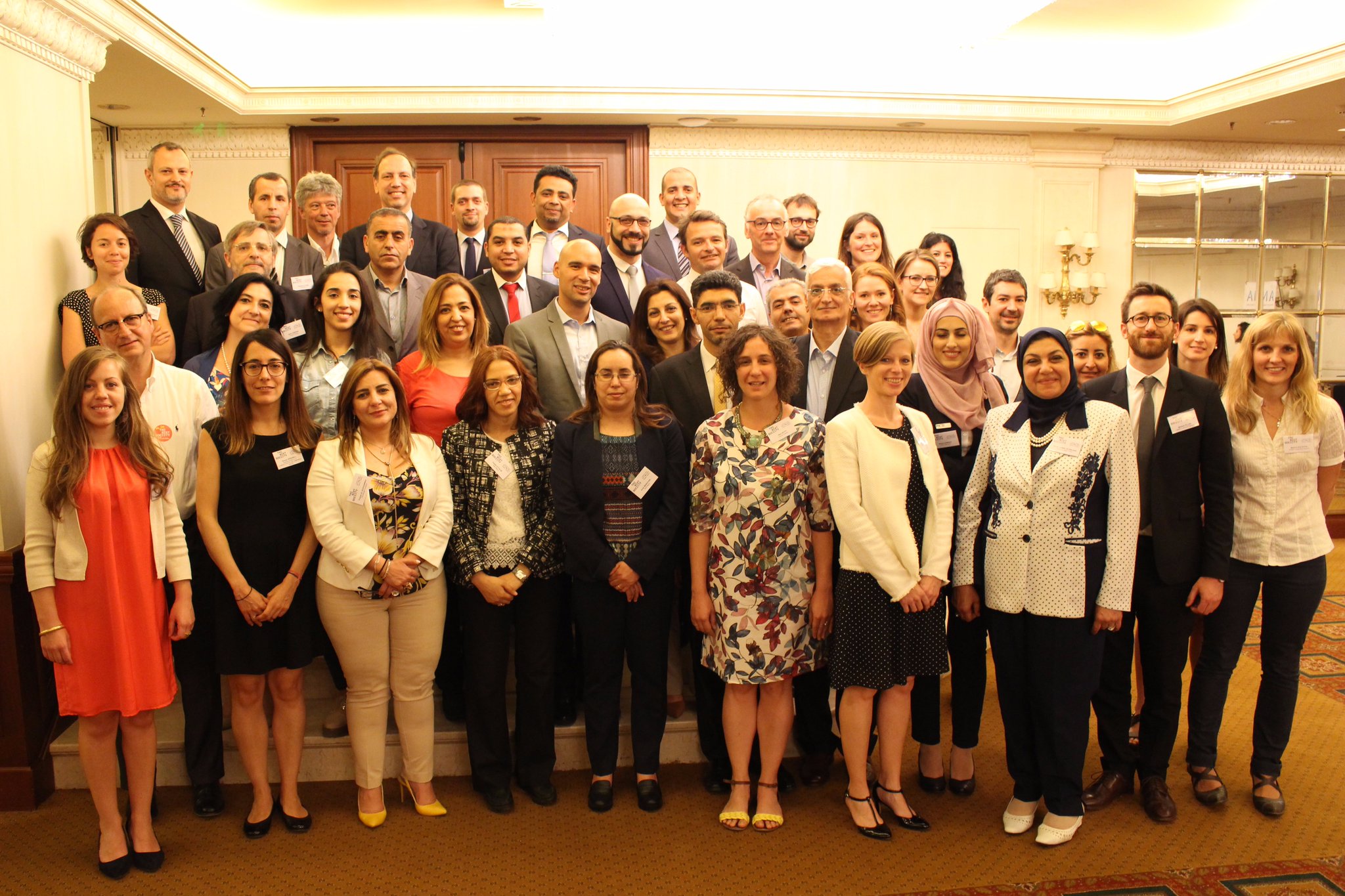 On the occasion of the event, co-organised by ANIMA Investment Network and Enterprise Greece on May 16th in Athens, almost a hundred Euro-Mediterranean professionals and experts exchanged views on the activities implemented by the initiative, in the presence of Greek Ministers Mr. Dimitris Papadimitriou, Minister of Economy and Development and Mr. Costas Fotakis, Alternate Minister for Research and Innovation.
On the occasion of the event, co-organised by ANIMA Investment Network and Enterprise Greece on May 16th in Athens, almost a hundred Euro-Mediterranean professionals and experts exchanged views on the activities implemented by the initiative, in the presence of Greek Ministers Mr. Dimitris Papadimitriou, Minister of Economy and Development and Mr. Costas Fotakis, Alternate Minister for Research and Innovation.